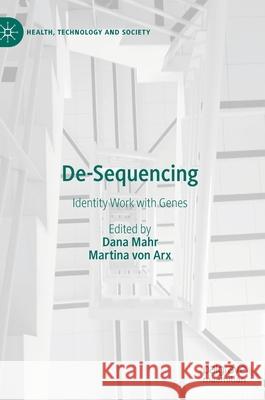De-Sequencing: Identity Work with Genes » książka
topmenu
De-Sequencing: Identity Work with Genes
ISBN-13: 9789811577277 / Angielski / Twarda / 2020 / 181 str.
De-Sequencing: Identity Work with Genes
ISBN-13: 9789811577277 / Angielski / Twarda / 2020 / 181 str.
cena 401,58
(netto: 382,46 VAT: 5%)
Najniższa cena z 30 dni: 385,52
(netto: 382,46 VAT: 5%)
Najniższa cena z 30 dni: 385,52
Termin realizacji zamówienia:
ok. 22 dni roboczych.
ok. 22 dni roboczych.
Darmowa dostawa!
Kategorie:
Kategorie BISAC:
Wydawca:
Palgrave MacMillan
Seria wydawnicza:
Język:
Angielski
ISBN-13:
9789811577277
Rok wydania:
2020
Wydanie:
2020
Numer serii:
000331378
Ilość stron:
181
Waga:
0.41 kg
Wymiary:
21.01 x 14.81 x 1.42
Oprawa:
Twarda
Wolumenów:
01
Dodatkowe informacje:
Wydanie ilustrowane











